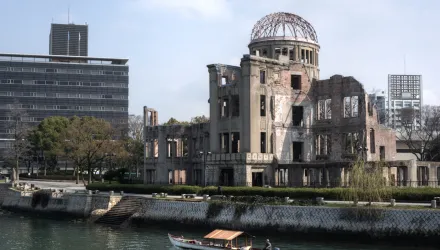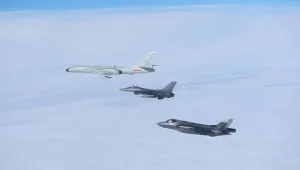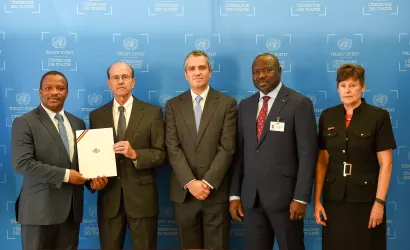Abstract
"Managing Conflict in the Former Soviet Union offers a unique Russian and Western perspective on an important issue neglected by U.S. policymakers. It will be invaluable for anyone who wants to understand both the sources of post- Soviet ethno-political conflict and how Russian analysts view these conflicts."
— Fiona Hill, Associate Director, Strengthening Democratic Institutions Project, Harvard University, author of Russia''s Tinderbox and Back in the USSR
"This book provides a timely and long-overdue insight into how top Russian analysts view ethno-political conflicts in the former Soviet Union...this collection of articles and commentaries is an invaluable resource for U.S. policymakers."
--Graham T. Allison, Director, Belfer Center for Science and International Affairs, John F. Kennedy School of Government, Harvard University
Since the 1991 collapse of the Soviet Union, numerous ethnic and internal conflicts have emerged within and between the former Soviet republics. Vicious fighting has flared up in Georgia, Chechnya, Tajikistan, Moldova, and other areas, and tensions remain high in many of the newly independent states. Their causes are often misunderstood, and U.S. policymakers have paid little attention to their resolution.
This collaborative effort by Russian and American scholars documents Russian policy toward ethno-national conflict in its "near-abroad", American policy toward these conflicts, and the attempts of international organizations to prevent and resolve them. Case studies consider the causes, dynamics, and prospects of conflicts in Latvia, the Crimea, the Trans-dneistr region of Moldova, Georgia, Kazakhstan, and the region of North Ossetia and Ingushetia.
Arbatov, Alexei G., Abram Chayes, Lara Olson and Antonia Chayes. “Managing Conflict in the Former Soviet Union: Russian and American Perspectives.” MIT Press, October 30, 1997



